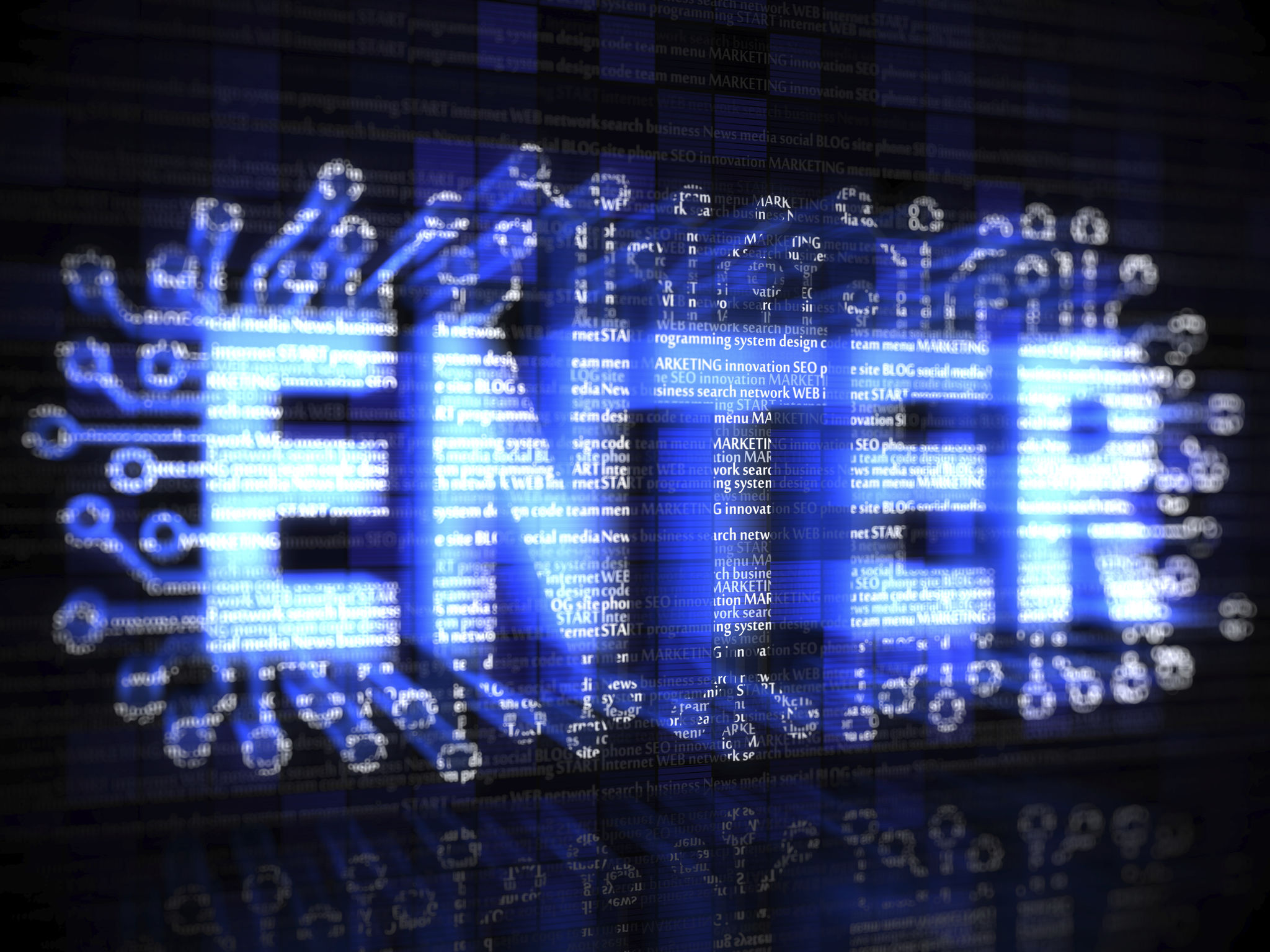The Role of Technology in Modern Bookkeeping: Trends to Watch
The Evolution of Bookkeeping through Technology
The advent of technology has significantly transformed the landscape of bookkeeping. With the integration of digital tools, manual entries and paper-based records are becoming relics of the past.
This shift is not just about efficiency, but also about enhancing accuracy and accessibility. As businesses increasingly embrace these technological advancements, understanding the trends shaping modern bookkeeping is essential.

Cloud-Based Solutions
One of the most impactful trends in modern bookkeeping is the widespread adoption of cloud-based solutions.
These platforms allow businesses to store financial data securely online, providing access from anywhere with an internet connection. This flexibility not only simplifies collaboration among team members but also ensures that data is backed up and protected against potential loss.
Additionally, cloud-based systems often come with automated updates, ensuring that the software remains current without any manual intervention.
Automation and Artificial Intelligence
Automation has become a cornerstone of modern bookkeeping practices. By automating repetitive tasks such as data entry, invoice processing, and reconciliation, companies can save time and reduce errors.
Artificial Intelligence (AI) further enhances this process by providing intelligent insights and predictive analytics. AI-powered tools can analyze patterns in financial data, helping businesses make informed decisions and forecast future trends with greater accuracy.

Mobile Bookkeeping
The rise of mobile technology has made bookkeeping more accessible than ever before. Mobile apps allow business owners and accountants to manage financial tasks on-the-go.
Whether it's scanning receipts, tracking expenses, or sending invoices, mobile solutions offer convenience and real-time updates. This mobility ensures that financial management is not confined to the office, allowing for greater flexibility in operations.
Integration with Other Business Tools
Modern bookkeeping software often integrates seamlessly with other business tools such as Customer Relationship Management (CRM) systems, point-of-sale (POS) systems, and e-commerce platforms.
This integration streamlines processes by eliminating the need for duplicate data entry and ensuring that all financial information is synchronized across various platforms. Such connectivity helps maintain data consistency and enhances the overall efficiency of business operations.

Enhanced Security Measures
With the digitization of financial records, security has become a top priority for businesses adopting modern bookkeeping solutions.
Advanced encryption methods, multi-factor authentication, and regular security audits are now standard features in accounting software. These measures protect sensitive financial data from unauthorized access and cyber threats, providing peace of mind to businesses and their clients.
The Future of Bookkeeping
As technology continues to evolve, so too will the field of bookkeeping. Emerging technologies such as blockchain hold the potential to revolutionize the industry by introducing immutable ledgers that increase transparency and trust.
Moreover, as AI becomes more sophisticated, it may take on more complex tasks, further reducing the workload for human accountants.
In conclusion, the role of technology in modern bookkeeping is pivotal. By staying abreast of these trends, businesses can leverage technological advancements to improve their financial management practices, ultimately driving growth and success in an increasingly digital world.
